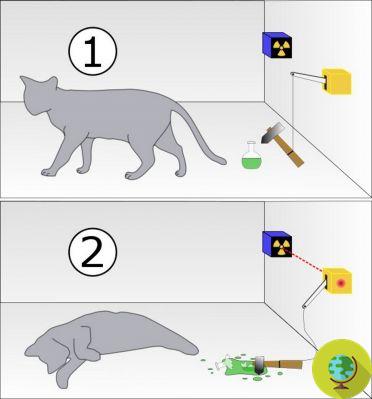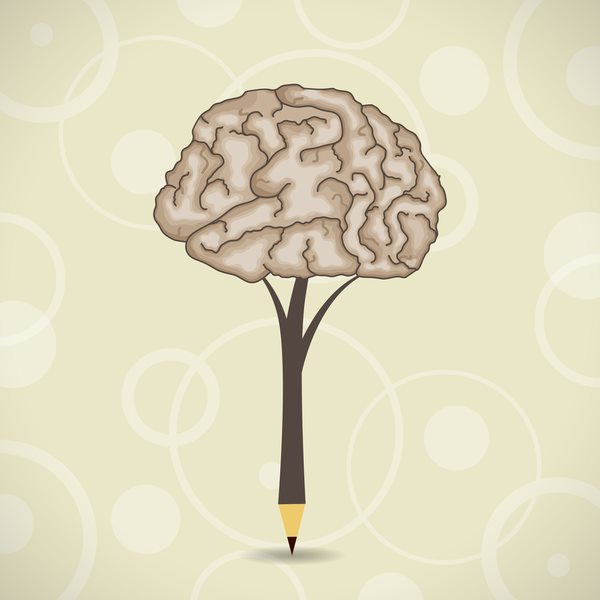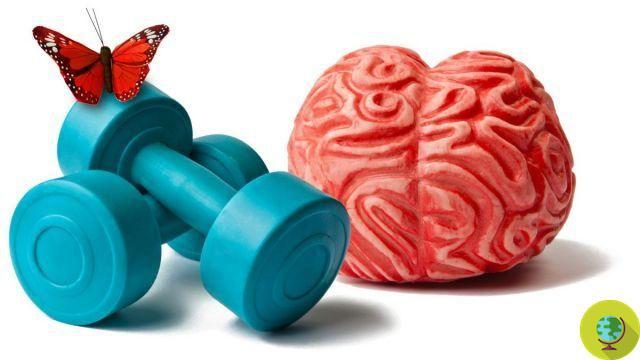
Food and smells have always been associated with memories; today a new study has discovered how these associative memories are formed
Don't store avocado like this: it's dangerousFood and smells have always been associated with memories; today a new study has discovered how these associative memories are formed
Did the scent of freshly baked chocolate chip cookies ever take you back to the afternoons at your grandmother's house? Did an old song ever bring back memories of a first date? The ability to remember the relationships between unrelated elements (a smell and a place, a song and an event) is known as associative memory.
Psychologists began studying associative memory in the 1800s, with William James describing the phenomenon in his 1890 classic The Principles of Psychology. Scientists today agree that the structures responsible for the formation of associative memory they are found in the medial temporal lobe, which is the famous "memory center" of the brain.
A systematic review
Neuroscientists at the University of California have discovered specific types of neurons within the brain's memory center that are responsible for acquiring new associative memories. Furthermore, they discovered how these associative memory neurons are controlled. We rely on associative memories in our daily life, and this one search is an important step in understanding the detailed mechanism of how these types of memories are formed.
Although associative memory is one of the simplest forms of memory, the underlying mechanisms to this day remain unclear. The study published in Nature reports, for the first time, that specific cells of the lateral entorhinal cortex of the medial temporal lobe, called fan cells, are necessary for the acquisition of new associative memories and that these cells are controlled by dopamine, a brain chemical known to be involved in pleasure experiences.
In the study, the researchers used electrophysiological and optogenetic recordings to record and control the activity of fan cells in the presence of specific odors. These fan cells are necessary to successfully acquire new associative memories, and without these cells it is possible to recover the learned associations, but it is not possible to acquire new associations and, in the acquisition of new associations, dopamine plays a crucial role.
This discovery is an important piece of the puzzle to understand how memories are formed in the brain, and sets the stage for further research. Furthermore, associative memory skills are known to decrease in neurodegenerative diseases, such as Alzheimer's disease. Consequently, understanding the neurobiological mechanism of how these memories are formed is the first step in developing therapies that can slow associative memory loss in Alzheimer's disease.
Follow us on Telegram | Instagram | Facebook | TikTok | Youtube
Photos: Nature
Could it be interesting for you:
- Memory: how to remember more with these 3 simple tricks suggested by neuroscience
- How the colors in children's rooms affect memory and learning
- Sleep, memories and memory: what happens to your brain while you sleep
- The catchphrases help to remember! The effects you don't expect on your memory of the songs that stick in your head
- The most effective meditation of medicines on Alzheimer's patients. The Indian study
- Oxytocin against Alzheimer's: does the love hormone block cognitive decline? The new study


























